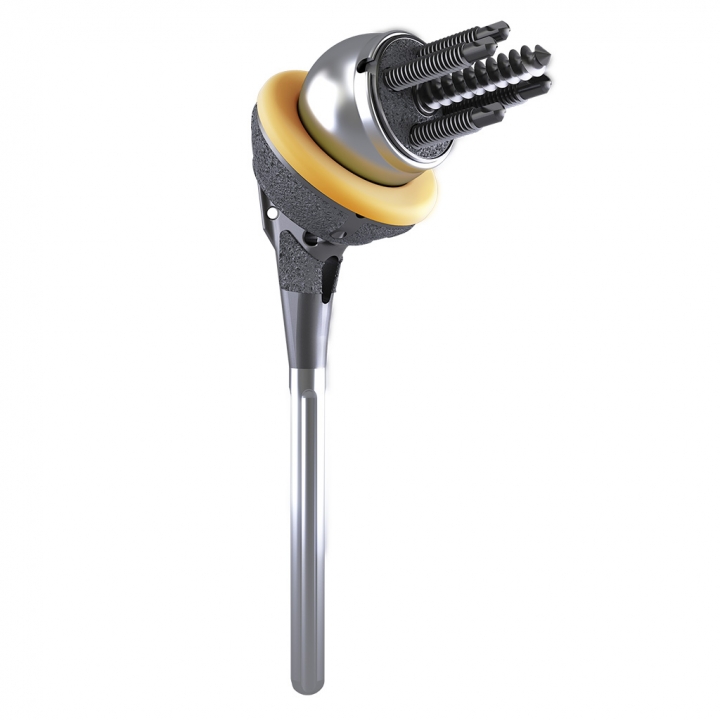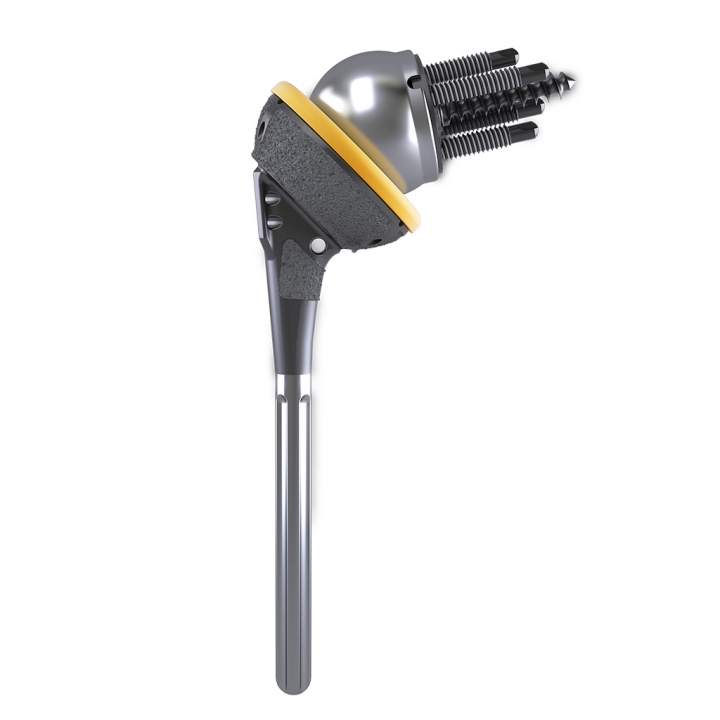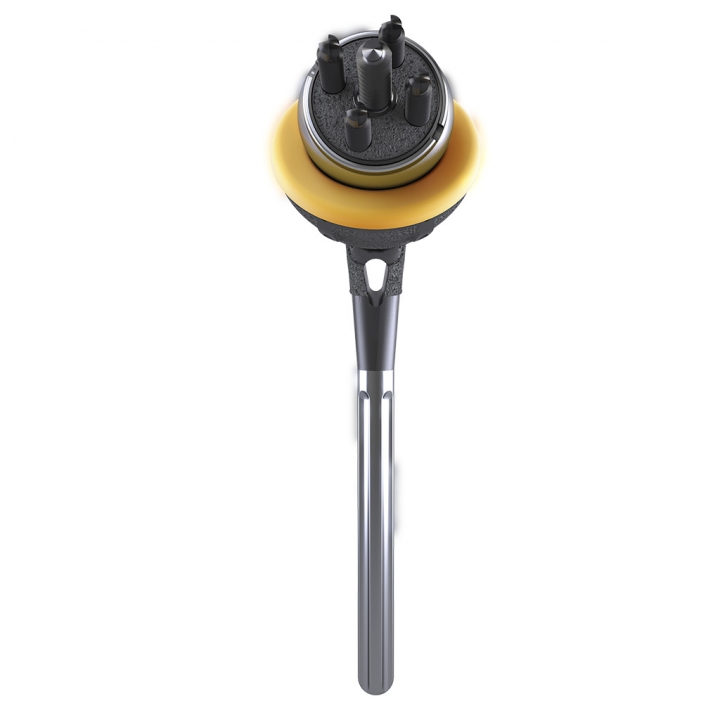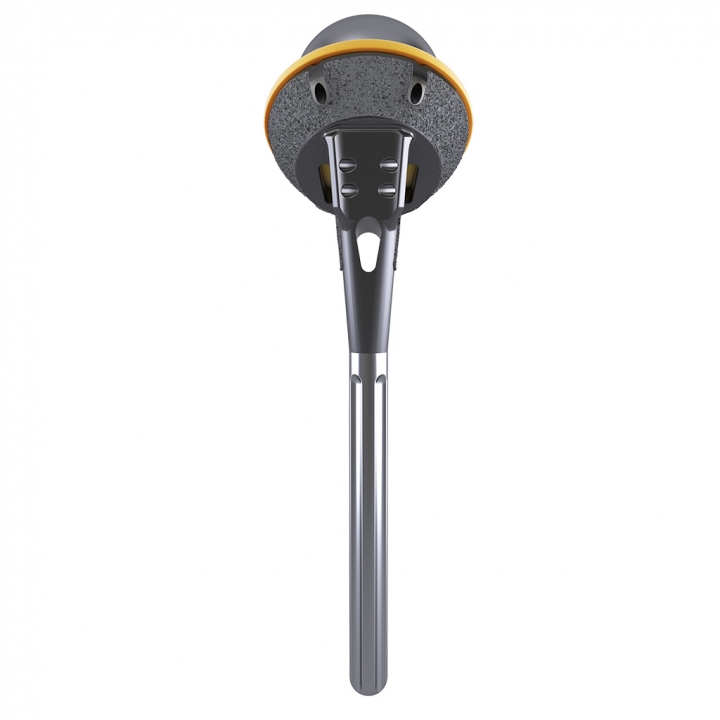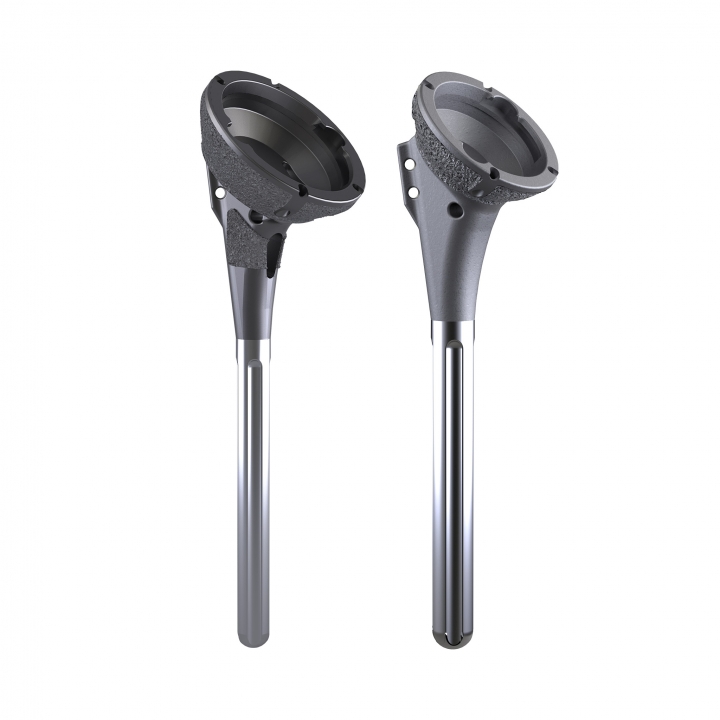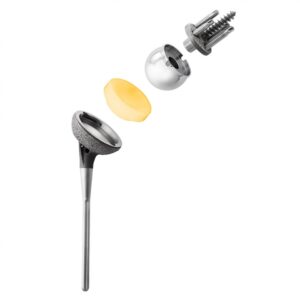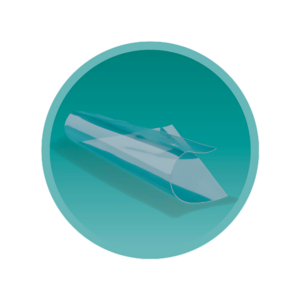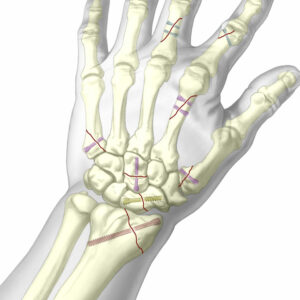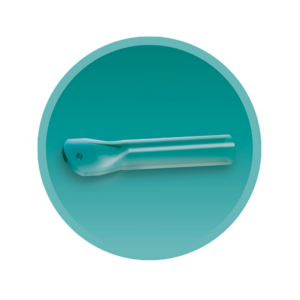AltiVate Reverse®
ENOVIS
AltiVate Reverse®
Revolutionary or Proven? BOTH.
AltiVate Reverse® is built solely on the first-to-market and only 135° stem to be backed by 10 years of proven clinical data showing no decline in patient outcomes.8 With streamlined instrumentation and fully interchangeable stem and glenosphere sizing, the AltiVate Reverse system is the simple choice to meet the needs of today’s surgical environments.
These design principles include a center of rotation lateral to the glenoid, the first to market humeral neck angle of 135°, and a humeral stem inlaid within the humeral bone.
With indications for reverse TSA, anatomic TSA, and hemiarthroplasty (including proximal humerus fractures), AltiVate Reverse® is one platform to treat your arthroplasty patients. With four different stem length options (108mm, 175mm, and 220mm) and two different shell sizes (36mm and 42mm), the AltiVate Reverse® system has options to meet the needs of patients across a wide spectrum of humeral anatomies.
Update: The Enovis and Mathys product range is now exclusively available through LimaCorporate in the UK. Osteotec remains the distributor for Enovis and Mathys customers in Ireland (Republic of Ireland and Northern Ireland) and the Nordics (Norway, Sweden, Denmark, and Finland).
Enquire
For further information, questions regarding this product, or to discuss alternative solutions, please get in touch with your local Sales Specialist or our Head Office using the form or the contact details at the bottom of the page.
Stay in touch
NEWSLETTER
Sign up to receive email updates on new product announcements, insights on surgical techniques from surgeons, specialists, and sales representatives and industry trends, such as changes in regulations and new research findings.
